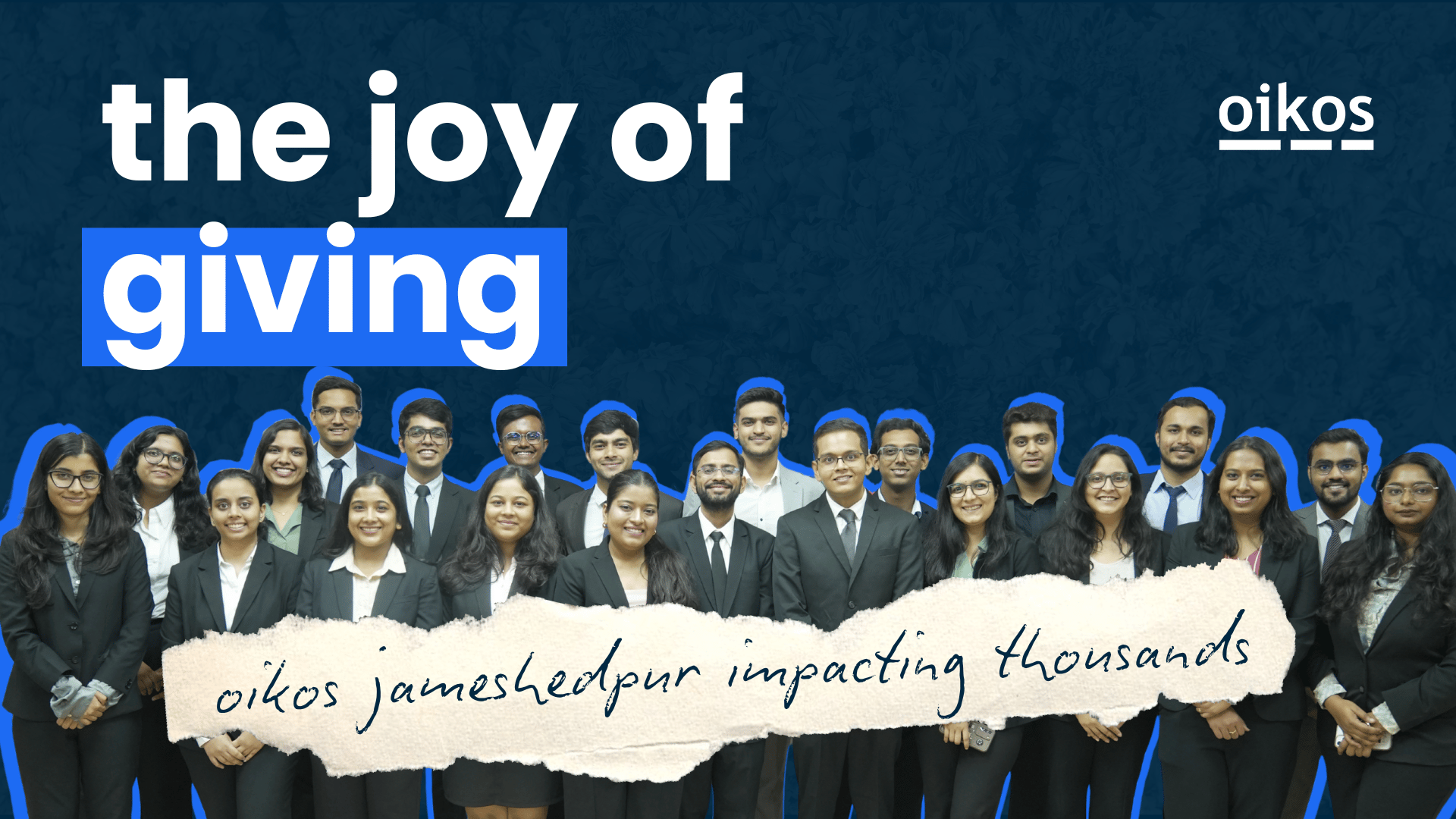
The United Nations Supported Principles of Responsible Management Education (PRME) and Associate Professor Debbie Haski-Leventhal from Macquarie Graduate School of Management (MGSM), with the contribution of oikos, have collaborated for the third time in conducting an international study on business students around the world and their attitudes towards responsible management education and corporate social responsibility (CSR). The previous studies, conducted in 2012 and 2014 revealed a growing interest and support among students towards these issues, but the current study demonstrates an even higher demand among students towards responsible management education.
Nearly 1800 students responded to the online survey, mainly from Brazil, India, the US, Spain, Canada, Mexico and Australia. 46% of the respondents were females and the average age was 27. For the first time, this round included undergraduate students (31%) and 37% were doing their MBA. About 1 in 4 students were already working in a managerial position.
In general, the students were satisfied with the level of education they received in the area of CSR and ethics. 59% reported to have been educated about business ethics to good/excellent degrees (with 55% saying the same thing about CSR, and 43% on sustainability). 38% were educated on social entrepreneurship, 42% on responsible marketing, 36% on human rights and 35% on the Sustainable Development Goals. While it is not the majority of the students, these results are on the rise. 40% of the students felt well equipped to apply the above knowledge in real life. However, 45% of the students felt their schools are not doing enough in this area and 28% wanted their school to teach them more about these topics, particularly around ethics and environmental sustainability.
When asked about how their business schools should do so, the following percentages of students agreed or strongly agreed with the following items:
| All business students should study business ethics | 79% |
| All business students should study environmental sustainability | 76% |
| My business school should teach us more about the Sustainable Development Goals and the role of business in achieving them | 75% |
| My school should encourage students to have a critical analysis of all teaching they receive | 71% |
| My business school should bring in ethics and corporate responsibility experts and leaders as guest speakers | 70% |
| My business school should integrate ethical, social and environmental themes into the core curriculum | 68% |
| My School should “walk the talk” and demonstrate responsible management, sustainable campus, social inclusion etc. | 68% |
| All business students should study CSR | 68% |
| My teachers should introduce more applicable case studies on social responsibility, sustainability and ethics | 67% |
| My school should collaborate more with businesses to achieve responsible management education | 65% |
| My business school should provide students with internships related to corporate responsibility / sustainability | 62% |
| No changes are required in the area of responsible management education | 27% |
| There is too much emphasis on responsible management in my business education | 26% |
| My business school should only teach us how to maximise shareholder value | 24% |
As can be seen from the above table, most students agree that all business students should study business ethics whereas only 24% would agree with Milton Friedman that the only responsibility of a business is to maximise profit and therefore their business education should only focus on this.
In addition, the students had strong attitudes towards CSR . 80% agreed that ‘social responsibility and profitability can be compatible’. 77% agreed and strongly agreed that ‘Companies should do a lot more for society and the environment’ and that ‘The overall effectiveness of a business can be determined to a great extent by the degree to which it is ethical and socially responsible’. On the other hand, 67% disagreed and strongly disagreed that ‘The most important concern for a firm is making a profit, even if it means bending or breaking the rules’.
Thinking about their future, it was important for most students (92% with 16% saying it was absolutely essential) to work for an employer that is socially and environmentally responsible. Students were willing to sacrifice high levels of their future salaries to work for employers who care about their employees, the community, the environment and ethics. When asked about working for employers who exhibit all four aspects, 19.2% of business students were willing to sacrifice more than 40% of their future salary to work for such an employer.
Associate Professor Debbie Haski-Leventhal says that the findings of the third MGSM-PRME study demonstrate very strongly the growing demand for responsible management education. Many businesses are shifting their focus towards responsibility and sustainability and it is time that business schools would do the same. This would not only meet the expectations of business students and future business leaders, but would also assure that business schools walk the talk and contribute to a better society. One of the most important findings are that students show a strong desire to work for genuinely responsible and sustainable companies, to a point where they are willing to sacrifice high amounts of money to do so. Companies that want to attract educated, responsible and purpose-driven staff, should assure high levels of responsibility and communicate this to prospective employees.
Written by Debbie Haski-Leventhal
Photo retrieved from http://careerbuilder.com.sg/press-releases/articles/2014-jobscentral-learning-rankings-survey



